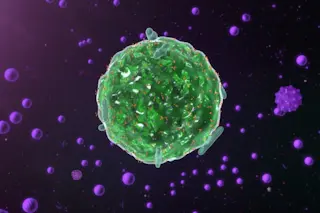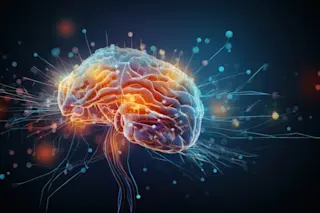Feeling sluggish, depressed, anxious, and having trouble concentrating while being sick might not just be due to physical weakness. Extensive reports from health professionals have pointed out that these symptoms, labeled "sickness behavior," are more than just side effects of the body fighting off an infection. They appear to be part of an intentional behavior pattern driven by a collaboration between the brain and the immune system.
This pattern may have evolutionary significance, helping to protect the community by reducing direct contact and preventing the spread of disease. Beyond that, it might hold valuable insights into mental health conditions, potentially leading to new treatment strategies.
Two studies from Harvard Medical School and the Massachusetts Institute of Technology (MIT), published in Cell, have brought us a step closer to understanding the molecular mechanisms behind how inflammation impacts our moods and behaviors. The research has identified which parts of the immune system ...















